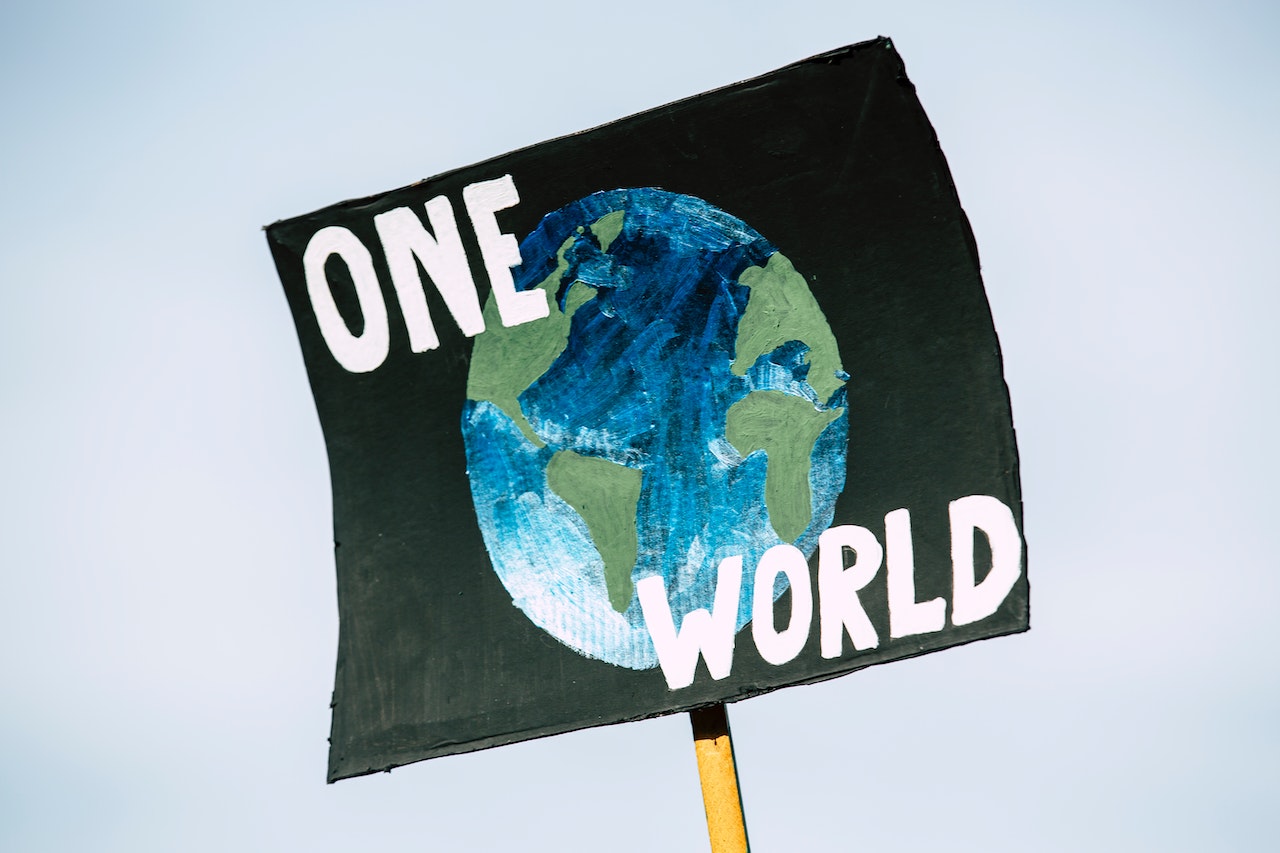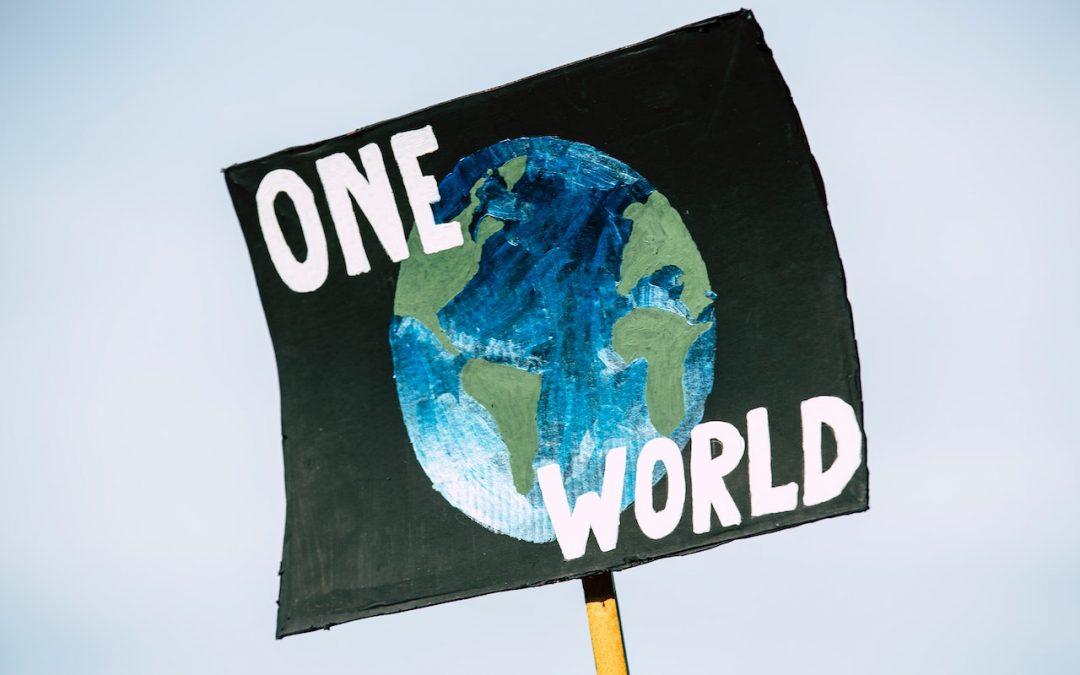
Climate change, a phenomenon that is altering the Earth’s climate system, has become one of the most pressing global issues of our time. The consequences of this ongoing crisis are vast and far-reaching, affecting various aspects of our lives. One aspect that often goes overlooked is the disproportionate impact of climate change on marginalized communities, particularly the Black community. This blog post aims to shed light on the importance of climate change, how it affects the Black community, and the urgent need for community discussion and action
The Disproportionate Impact on the Black Community
Although climate change affects everyone, marginalized communities, including the Black community, are disproportionately impacted. This is primarily due to systemic factors such as economic inequality, residential segregation, and limited access to resources, which exacerbate the effects of climate change.
For instance, many Black communities are situated in urban areas with higher exposure to air pollution due to their proximity to industrial facilities and major roadways. This increases the prevalence of respiratory illnesses such as asthma and other health issues. Moreover, inadequate housing, lack of green spaces, and urban heat island effects can lead to higher temperatures in these areas, further worsening health outcomes.
The Role of Community Discussion
To address the inequitable impacts of climate change on the Black community, it is essential to promote community discussion and engagement. By raising awareness about the specific challenges faced by this community, we can foster a sense of collective responsibility and empower individuals to take action. Here are three key reasons why community discussions are crucial:
1. Education and Awareness: Community discussions can help to disseminate information about the specific ways climate change affects the Black community, promoting a better understanding of the issue. Increased awareness can lead to informed decision-making and community-driven solutions.
2. Advocacy and Representation: Engaging in community dialogue can help to amplify the voices of those disproportionately affected by climate change. This can result in better representation in policymaking and ensure that the unique needs and experiences of the Black community are considered when designing climate change mitigation and adaptation strategies.
Health is a fundamental aspect of well-being, yet the Black community continues to face significant disparities in health outcomes. By engaging in inclusive community discussions, we can raise awareness, advocate for policy change, and share resources to address these disparities and promote better health outcomes for all. It is time to recognize the importance of health and its impact on the Black community and to come together to ensure that everyone has the opportunity to achieve optimal health and well-being.
As a way to battle climate change a conversation facilitated by SETSI entitled BLACK COMMUNITIES & SEED SOVEREIGNTY during the Black History 365 speaker series.
This Seed Sovereignty Panel was a remarkable capacity-building session where our phenomenal colleagues Leticia Ama Amponsah, Executive Director of @seedchange_ , Peachtree Andrea Boucaud, and Iya Ama Mensa elevated the global discourse on food sovereignty and graced us with actionable insights on our Ancestors relationship with land, soil and seeds. #seedsovereignty
Climate change is an issue that affects everyone, but its impacts are not felt equally. The Black community is disproportionately affected due to systemic factors that intensify the consequences of this global crisis. By fostering community discussions and promoting awareness, we can work together to address these disparities and build a more equitable, resilient future for all. It is time to recognize the importance of climate change and its impact on marginalized communities, and to act collectively to ensure that no one is left behind in our efforts to create a sustainable world.




